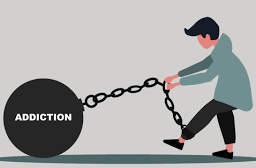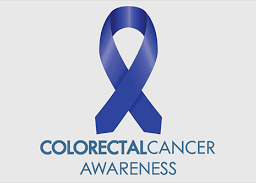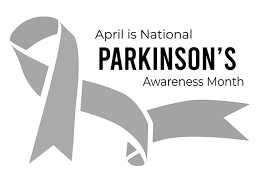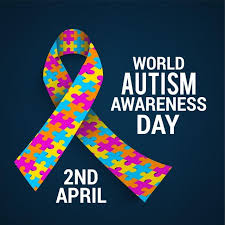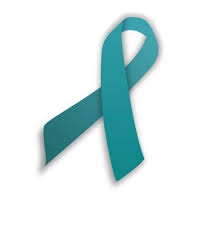
Ovarian Cancer Awareness: Recognizing Symptoms and Reducing Risks
Welcome to a vital conversation on women’s health during Ovarian Cancer Awareness Month. It is a significant concern, impacting lives globally. Understanding its symptoms, risks, and preventive measures is crucial. Let’s delve into the essential information to promote awareness and empower women to prioritize their well-being.
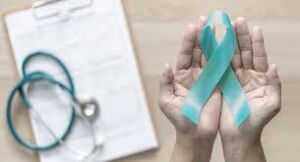
March is a special month for many, and this year it holds even more importance as it’s Ovarian Cancer Awareness Month. According to the World Health Organization (WHO), ovarian cancer is fifth most common among women worldwide, with approximately 296,000 deaths in 2018 alone. And while it’s true that anyone can get cancer, certain groups are at higher risk. Women over the age of 50 constitute the majority of cases and those with a family history of the disease tend to be especially vulnerable.
Signs and Symptoms of Ovarian Cancer
This month, everyone should take a moment to learn the signs and symptoms so they can detect it early if needed. Symptoms can include abdominal pain or bloating, feeling full quickly when eating, bladder urgency or frequency, fatigue or back pain. While these might not sound like much on their own, taken together they may point towards something more serious that needs to be addressed by a medical professional.
In addition to learning about how to spot the disease early on, we should also raise awareness about how to prevent it. Eating healthily and getting regular exercise are two important steps we can all take towards reducing our risks. We should also pay attention to our own bodies and report anything unusual – such as lumps or changes in menstrual cycles – immediately so we can get checked out if necessary.
Finally, let’s not forget why Ovarian Cancer Awareness Month is so important: raising awareness helps us understand this disease better which ultimately improves our chances of living longer and healthier lives. So please join us in spreading awareness throughout March!
Disclaimer: The information provided in this content is for general informational purposes only. It is not intended as medical or healthcare advice, diagnosis, or treatment. Always seek the advice of a qualified healthcare professional with any questions you may have regarding a medical condition or healthcare decisions.









